In November 2021, the UK hosted the 26th UN Climate Change Conference of the Parties (COP26) in Glasgow, bringing together countries and leaders from around the globe to discuss climate change.
Geology has a huge role to play in helping to provide solutions that will safeguard our future, support clean growth and build resilience against a rapidly changing climate.


BGS Director Dr Karen Hanghøj reflects on COP26 and looks ahead to the vital role that the subsurface will play as we aim to reach net zero.
Geoscience and associated research have a crucial role to play in the transition to net zero. It can help us heat our homes, source raw materials for electric cars and mitigate the impact of climate-driven hazards in our lives, from flooding to coastal erosion.
Understanding how the subsurface can support the transition requires geological research, data and innovation to industry and inform policy and decision making. For example, geology can provide us with geothermal energy, energy storage and storage for captured carbon, as well as the soils and water supplies we rely on for food and agriculture.
BGS is joining UKRI and NERC to highlight the UK’s role in climate action and demonstrate where UK geoscientific research and innovation can assist emerging climate action.
About net zero and COP26
In 2018, the UK Government set a target of achieving carbon neutrality, or ‘net zero’, by 2050 (2045 in Scotland). This will require a significant reduction of existing emissions and the removal of the remaining positive balance from the atmosphere.
The United Nations (UN) have held an annual climate change conference since 1995. At these ‘Conferences of the Parties’, or COP, thousands of delegates, including heads of state and climate experts, meet to agree coordinated and collective action to tackle climate change.
The Climate Change Conference of the Parties is meeting for the 26th time on 1–12 November 2021 at the Scottish Event Campus in Glasgow. This event is known as COP26 and it is the first time that the UK has hosted the main event.
The UK’s presidency is in partnership with Italy, who will host preparatory events in the leadup including a youth event and the pre-COP summit.
What is the significance of the summit?
At COP21 in 2015, leaders committed to the ‘Paris Agreement’ — the first international climate agreement. They said they would work together to ensure that the average global temperature does not rise more than 2℃ above pre-industrial levels, with the aim of limiting the average increase to 1.5℃. Additionally, they agreed to increase their efforts to adapt to climate change impacts, invest in climate-resilient development and lower greenhouse gas emissions.
Evaluations were planned at five-year intervals to assess the collective progress of the parties. COP26 is an opportunity for these world leaders to come together and demonstrate to each other how the Paris Agreement is being implemented. Countries will also be asked to submit new long-term climate goals.
As of December 2020, 189 countries have signed up to the Paris Agreement.
Geoscience has a fundamental role to play in helping to both mitigate and adapt to climate change.
Our understanding of climatic change over time is partly driven by studying the information held in rocks and fossils. Understanding change in the geological past helps us to place current climatic trends into context.
The urgent need to mitigate climate change is driving the demand to decarbonise energy, transport and industry across the globe. The subsurface has a major role in helping to deliver this transition.
- Geological formations can be used for the storage of carbon dioxide (CO2) captured from industrial processes.
- Geothermal energy from the Earth can be used to provide sustainable, zero-carbon heat for our homes.
- The hydrogen needed to provide future low-carbon power for heavy industry and transport can be stored safely in the subsurface.
- The critical raw materials needed to meet the rapidly growing demand for renewable energy technology and zero-emission electric vehicles come from mineral deposits around the world.
- New projects to generate low-carbon electricity from wind energy or nuclear power rely on detailed knowledge of underlying geology to ensure these vital facilities operate safely and sustainably.
Climate change contributes to wider environmental changes affecting our groundwater, coasts, soils and landscape. It can also result in an increased risk of geohazards, such as landslides, sinkholes and flooding. Geological research increases our understanding of environmental change and associated geohazards and informs adaptation measures aimed at improving societal resilience.
We are working on a number of geological solutions to help meet net zero:
- geothermal heat-cool
- metals and materials critical for transition to a low-carbon economy
- underground energy storage, including compressed air storage and the storage of hydrogen
- underground storage of CO2
- renewable energy
- mitigating the effects of climate change
Alongside the energy transition required for net zero, infrastructure and biological systems are changing as a result of global temperature rises. Our research will model changes associated with our landscape, coasts, soils and groundwater and help us understand what society must do to protect valuable resources like land, soil and water.
Find out more about climate change
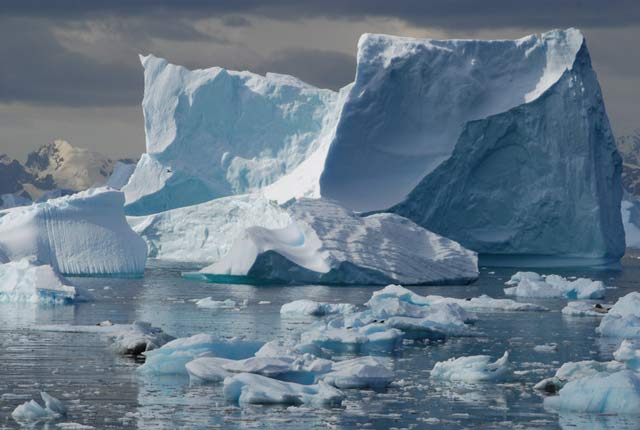
Discovering Geology: climate change
What is the difference between weather and climate? what causes the Earth’s climate to change and what are the impacts? Find out more with our Discovery Geology climate change resources.
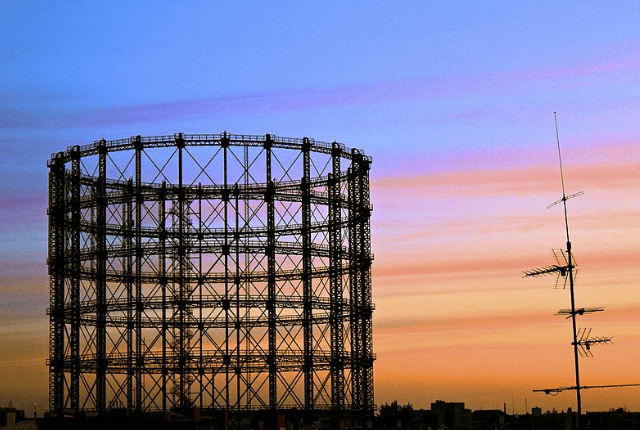
Understanding carbon capture and storage
Carbon capture and storage involves capturing carbon dioxide at emission sources, such as power stations, then transporting and storing it underground.
Our COP26 lecture series
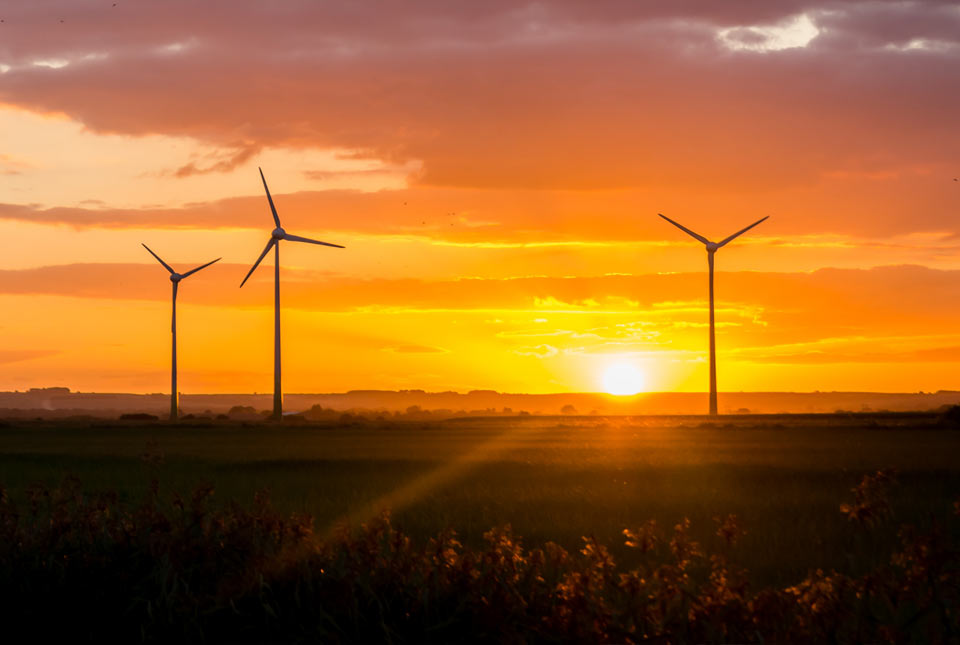
Chasing carbon
BGS geoscientists discuss our latest research which is helping to provide geoscience solutions in the transition to net zero.
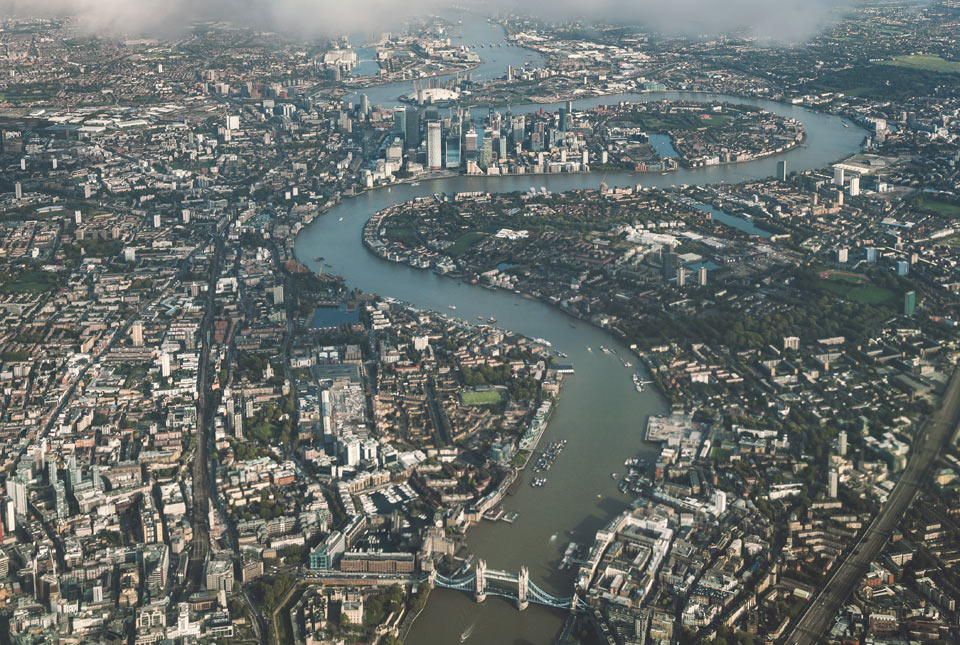
Climate change impacts on the UK
Watch a special lecture by BGS geoscientists where they discuss our modelling projections and showcase our adaptation and mitigation research in the UK
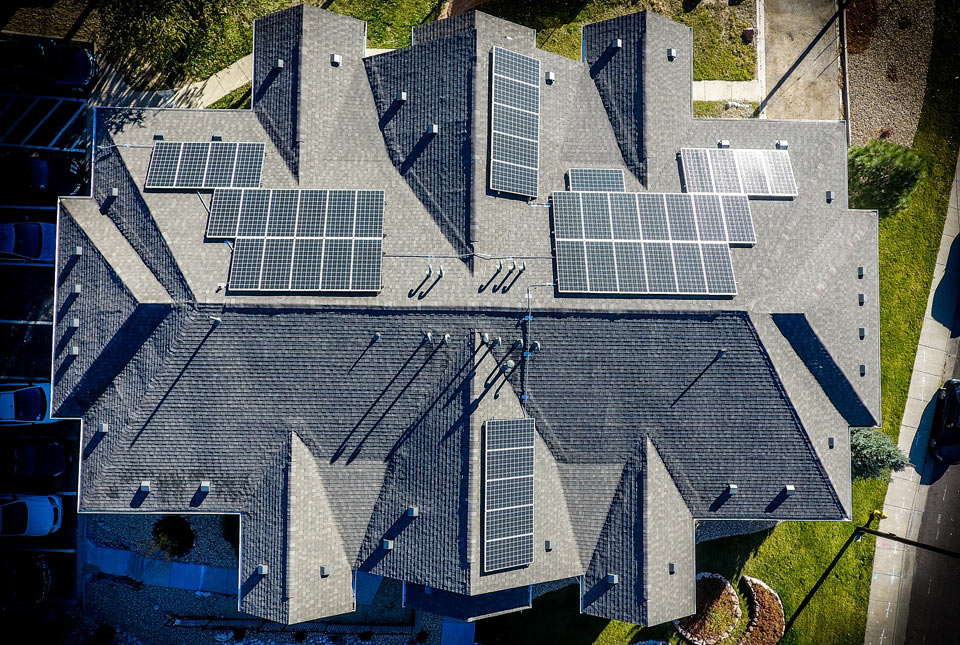
Couch to net zero
Hear from leading BGS scientists in a special talk exploring the role of geology in our everyday lives and how it is helping to meet our needs in a changing climate.
COP26 news

Goldilocks zones: ‘geological super regions’ set to drive annual £40 billion investment in jobs and economic growth
10/06/2025
Eight UK regions identified as ‘just right’ in terms of geological conditions to drive the country’s net zero energy ambitions.
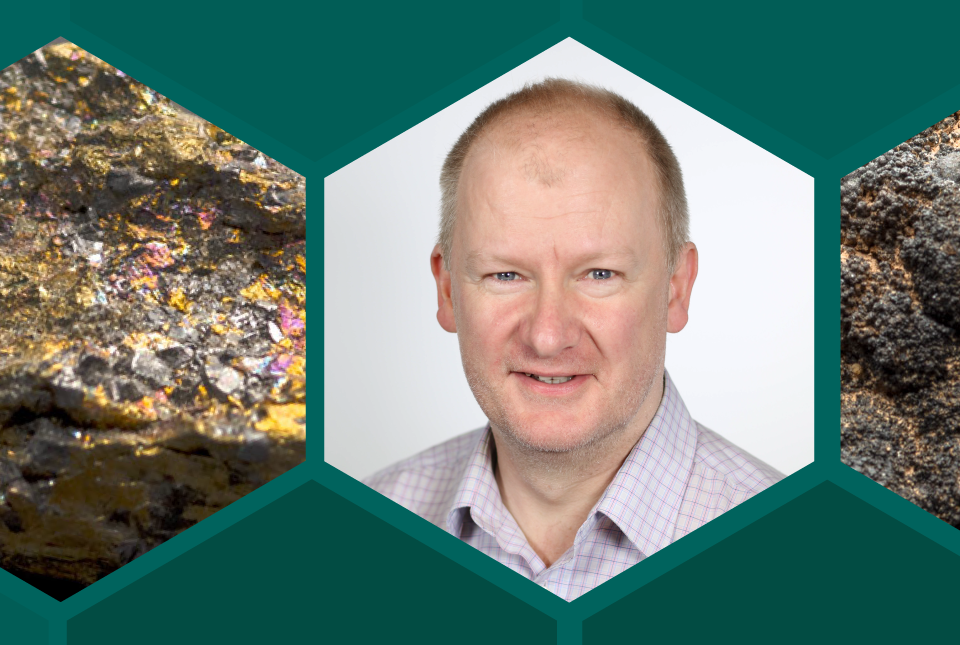
The challenge of assessing the UK economy’s dependence on mineral supply
28/11/2024
Critical, essential, or just plain important? Dr Gavin Mudd, director of the Critical Minerals Intelligence Centre, discusses the findings and new methodology featured in the 2024 UK Criticality Assessment.
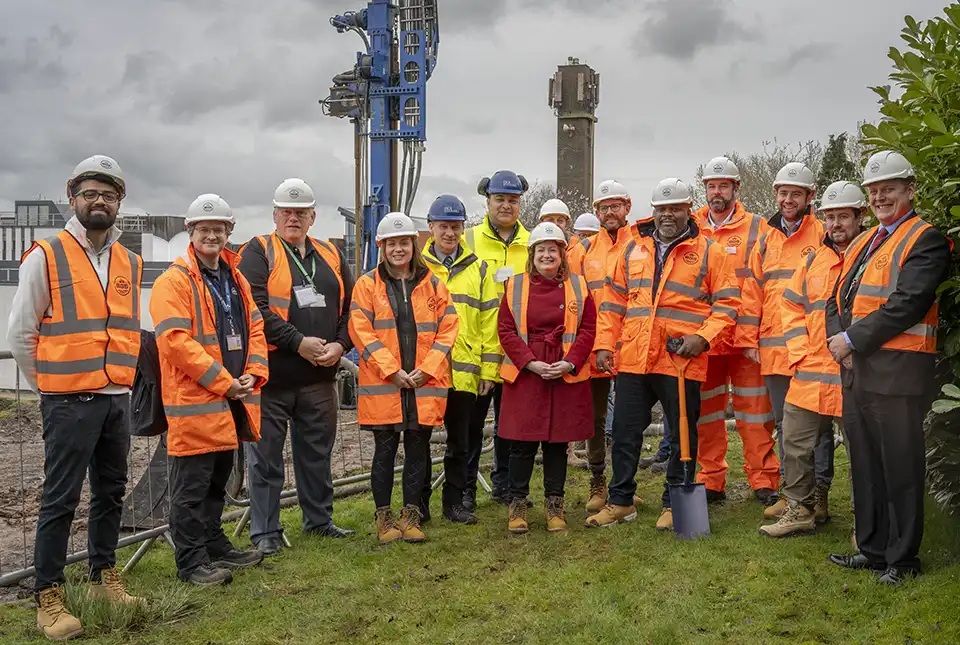
Local MP helps BGS launch a ‘living laboratory’
05/03/2024
BGS is implementing a low-carbon heating system to help meet its net zero targets and provide data to the public.
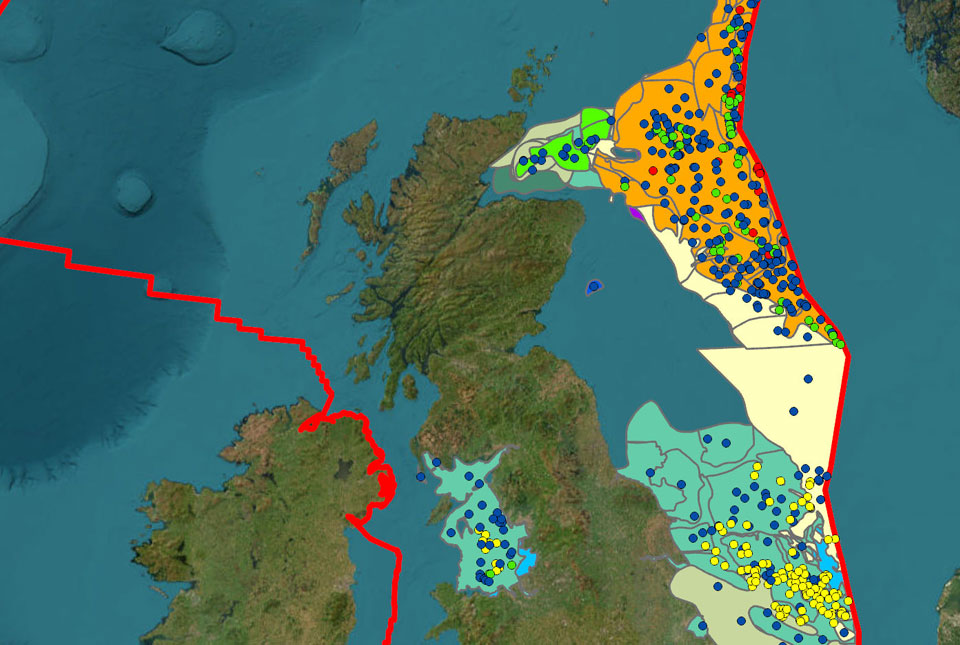
BGS adds more than 60 new carbon dioxide storage units to its national carbon dioxide storage database
30/01/2024
BGS has delivered its first major update of the national carbon dioxide storage database, CO2 Stored.
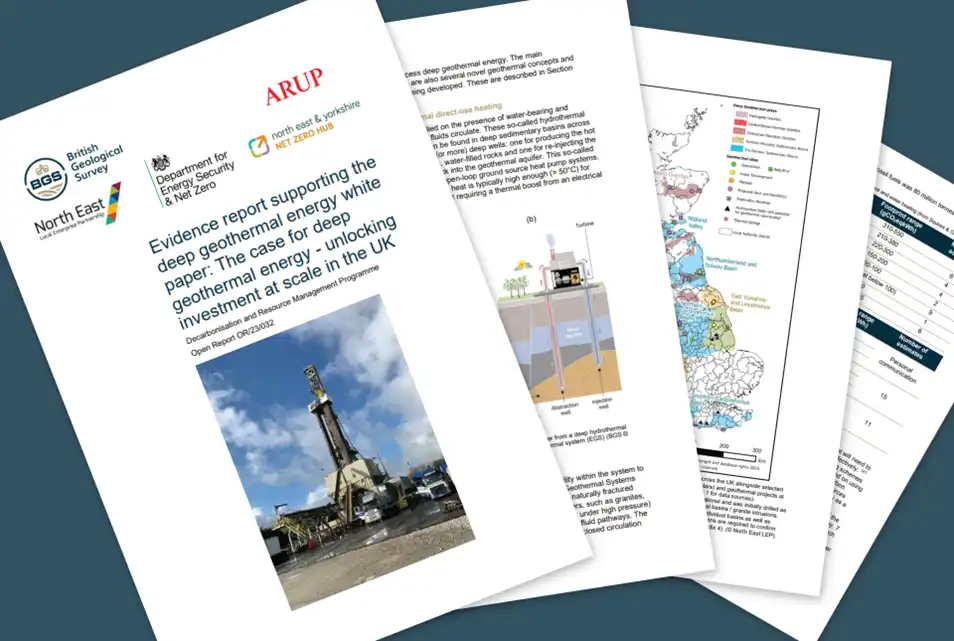
Evidence report on deep geothermal energy opportunities in the UK released
16/11/2023
BGS has published a detailed evidence report that underpins a deep geothermal White Paper.
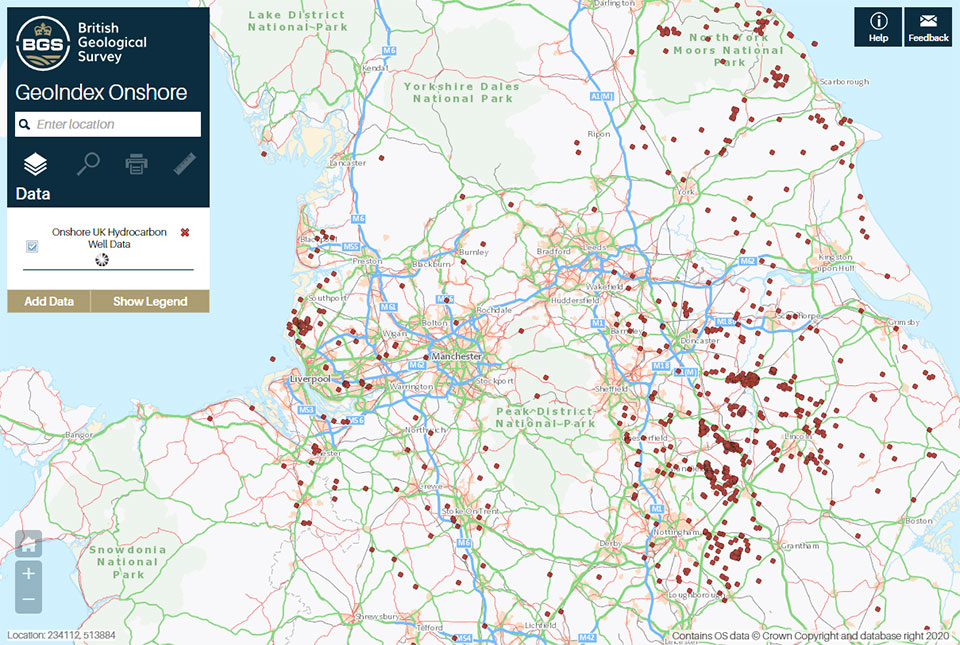
A new open dataset to benefit onshore geoscience research
15/06/2023
Data from deep onshore hydrocarbon wells is being released on an open access basis to help meet the UK’s net zero targets.
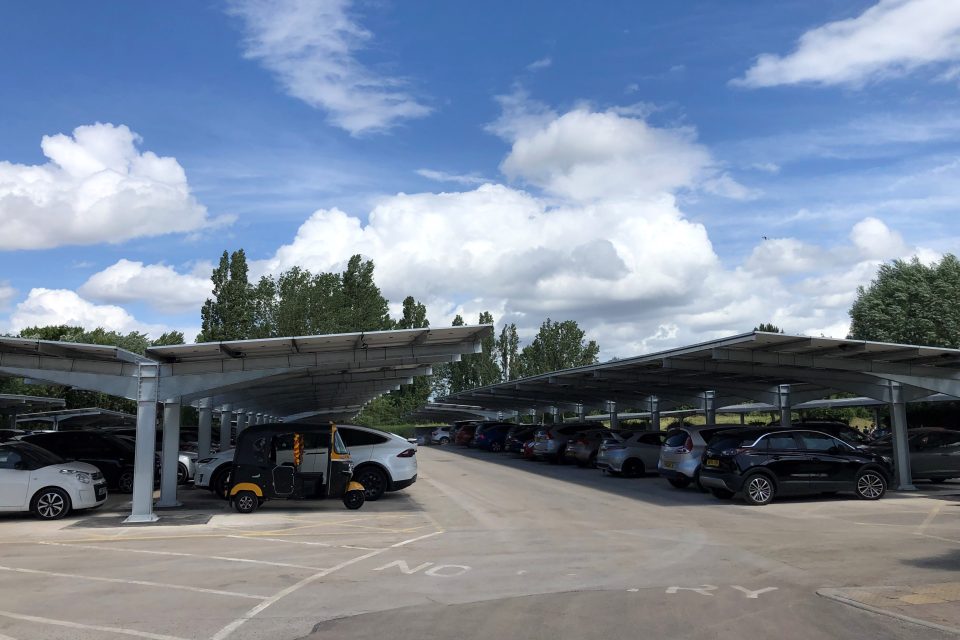
NERC recognised by the Carbon Trust for its step towards net zero
07/06/2023
The Natural Environment Research Council (NERC) has achieved the ‘taking action’ tier of the Carbon Trust’s Route to Net Zero Standard.
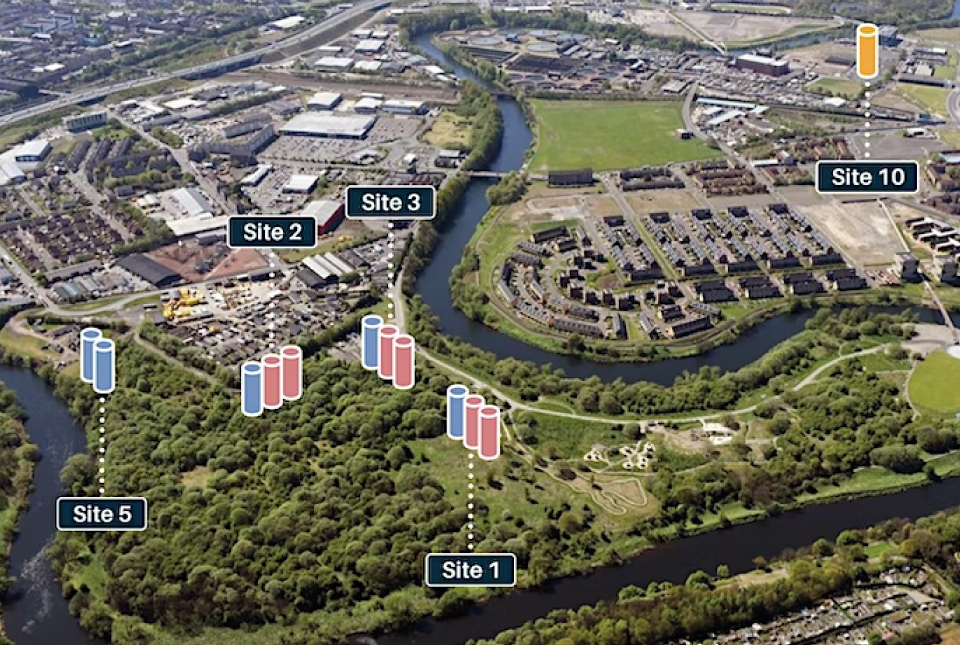
UK Geoenergy Observatories — open events in Glasgow
Event from 26/04/2023 to 27/04/2023
You are invited to visit the UK Geoenergy Observatory in Glasgow, to find out more about what the facility can offer you as a potential user.
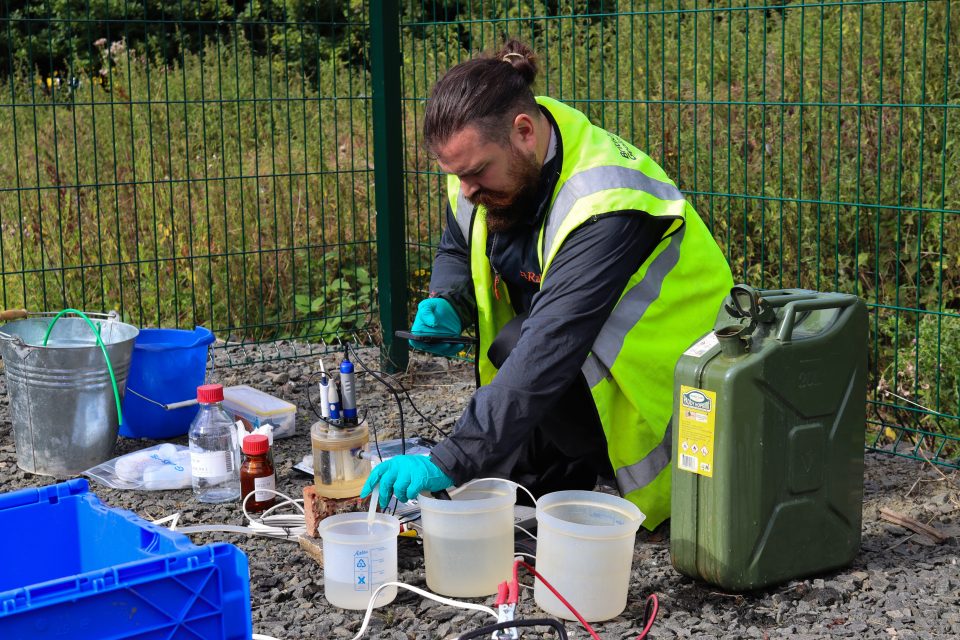
UK Geoenergy Observatories: time zero for net zero
01/12/2022
The BGS-led UK Geoenergy Observatories project is shining a light on the subsurface’s potential to provide geothermal energy.
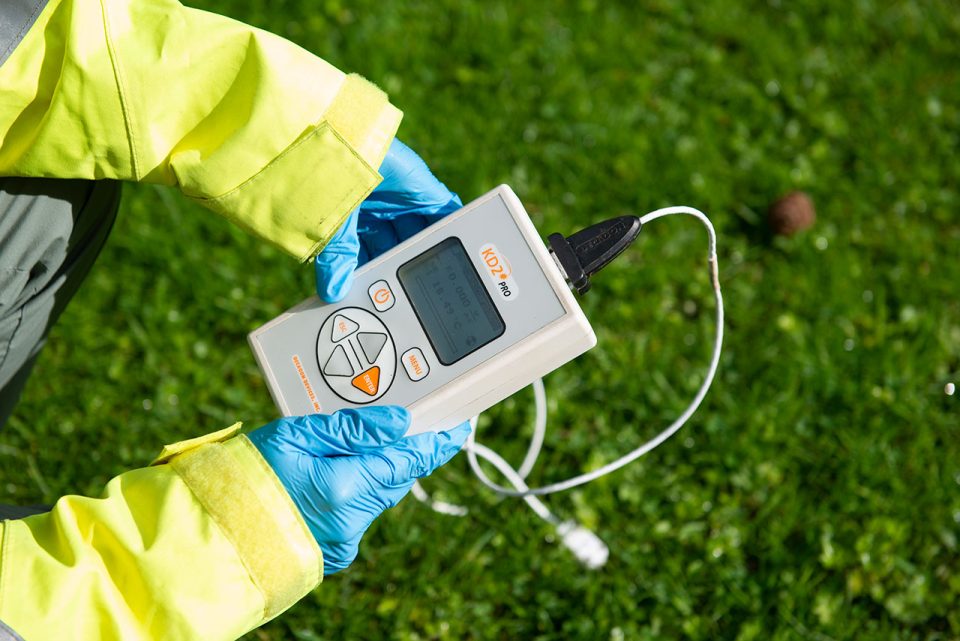
BGS joins European Geothermal Congress to highlight UK’s geothermal potential
21/10/2022
The European Geothermal Congress will discuss how the geothermal sector can help with the energy crisis.
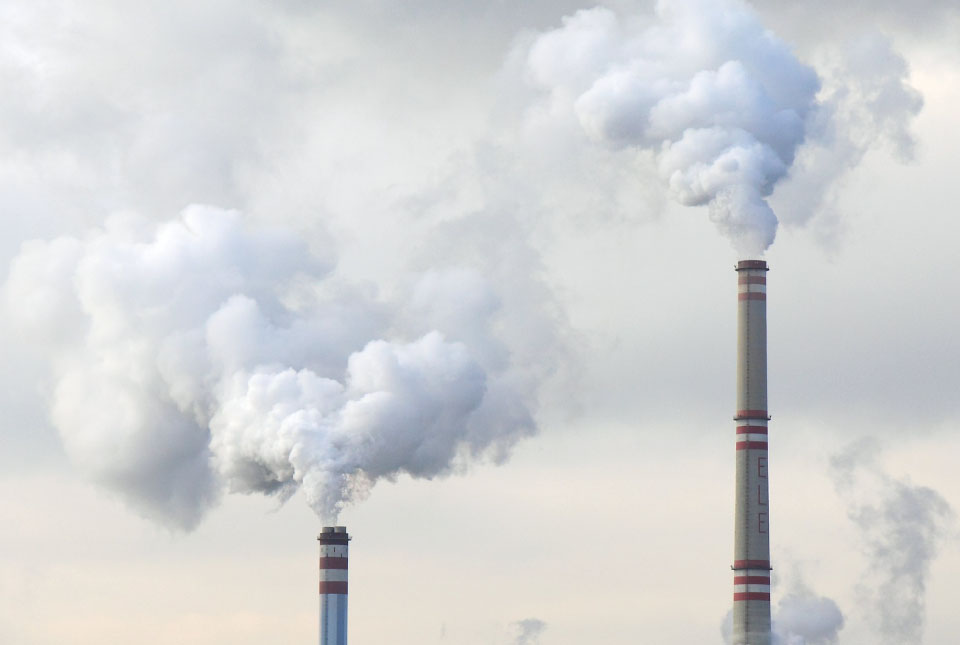
Identifying the science challenges for UK carbon storage
07/07/2022
A new report underlines importance of community engagement in achieving the UK national climate change targets.
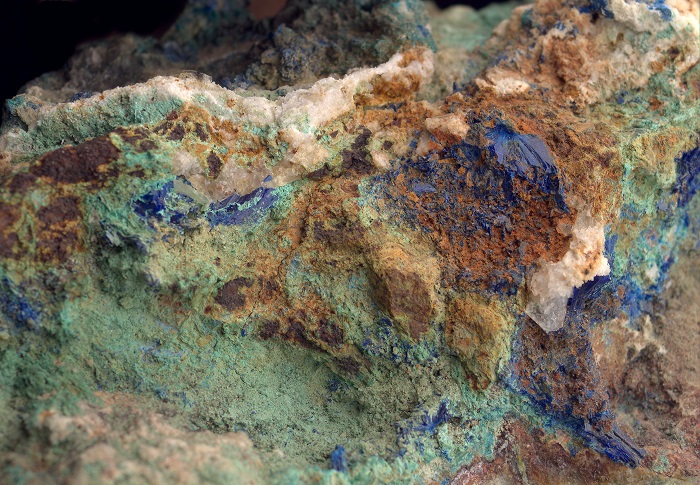
UK’s Critical Minerals Intelligence Centre to help build a more resilient economy
04/07/2022
The UK’s new centre to collect and analyse information on the supply of critical minerals, which are vital to the UK’s economic success and national security, has officially launched.


